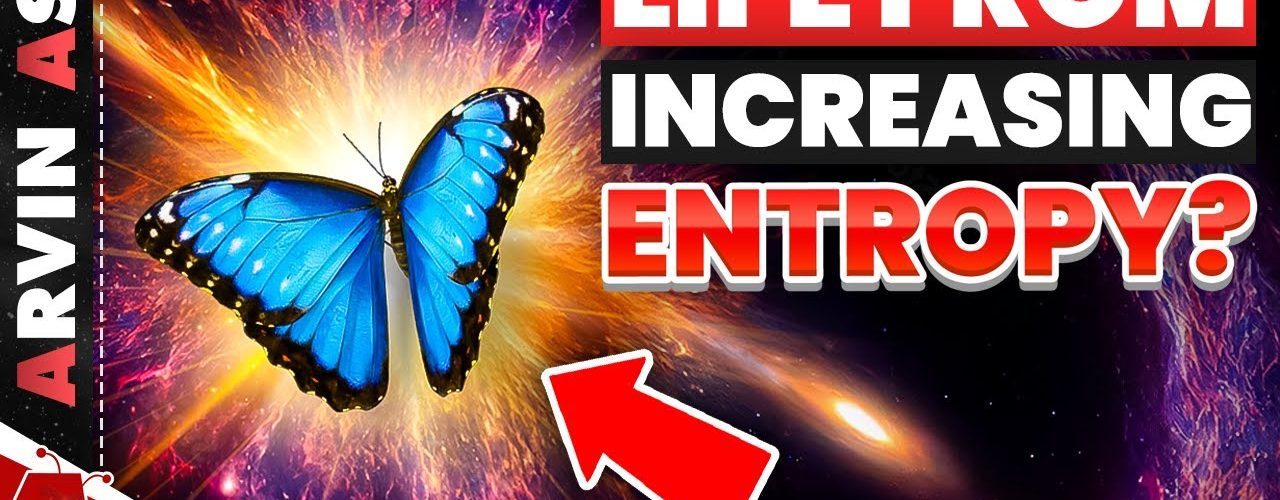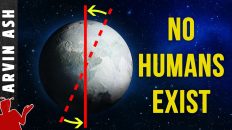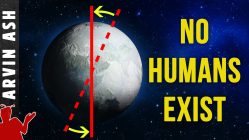The second law of thermodynamics states that overall entropy of any isolated system can never decrease. Entropy is a measure of the disorder in a system (roughly). However, living things don’t seem to follow this rule. So how could life exist in a universe with increasing entropy? How can complexity and order arise from increasing disorder?
An isolated system is one where energy and mass cannot come in nor leak out. Entropy quantifies the number of ways in which the microscopic components of a system can be arranged while still producing the same macroscopic behavior.
Note that the law states TOTAL entropy of an isolated system. It is possible for a system to undergo a decrease in entropy locally, but this must be compensated by an even greater increase in entropy elsewhere in the isolated system, or its surroundings. So for example, the refrigerator in your home decreases the entropy of the food stored inside it but it gives off heat which increases the entropy of the kitchen.
Similarly, human beings consume low entropy food, and turn it into high entropy waste in the form of heat and waste products. Also plants consume low entropy ultraviolet light from the sun, and turn it into high entropy heat energy. Living things excel at taking in energy from outside their own system or body and using it to decrease their own entropy, but by doing so, they are increasing the total entropy in the larger system.
Some argue that the law of entropy violates evolution, because organisms tend to evolve into more complex species. Evolution does not violate the second law because earth is not a closed system. It is bathed in the energy of the sun. And the sun drives evolution.
How did life could begin on earth in the first place? A lot of pieces of the puzzle have been found, but the puzzle has not been solved yet. Although the TOTAL entropy of a system has to increase with time, this doesn’t mean the entropy of every single piece within the system has to increase.
The sun is turning low entropy matter into high entropy heat and radiation. On earth the second law was not violated when various chemicals and elements naturally combine to form larger more complex molecules. Organic molecules have not only been found on earth but also in interstellar gases and throughout the galaxy. So their formation is not unusual. These are the precursors to more complex biological molecules. And the second law need not be violated when complex biological molecules combine to form the primordial structures required for life.
There is a school of thought that low entropy from stars like the sun are driving the universe towards life.
Why? Because living things are very good at causing disorder around them. Taking this idea further, American Physicist Jeremy England has developed a hypothesis of the physics of the origins of life, called “dissipation-driven adaptation.”
He theorizes that random groups of molecules can self-organize to more efficiently absorb and dissipate heat from the environment. He has developed a mathematical formula showing that when a group of molecules is driven by an external energy source, like the sun, and surrounded by a heat bath, like the earth’s ocean or atmosphere, it will tend to restructure itself to dissipate more energy.
A whirlpool and tornadoes form spontaneously forms in a fluid in order to dissipate the energy. His formula shows that the more likely evolutionary outcomes are going to be the ones that absorbed and dissipated more energy from the environment. Even reproduction is a mechanism by which a system might dissipate an increasing amount of energy.
#entropy
Life is good at dissipating energy, so maybe it is favored in nature.







